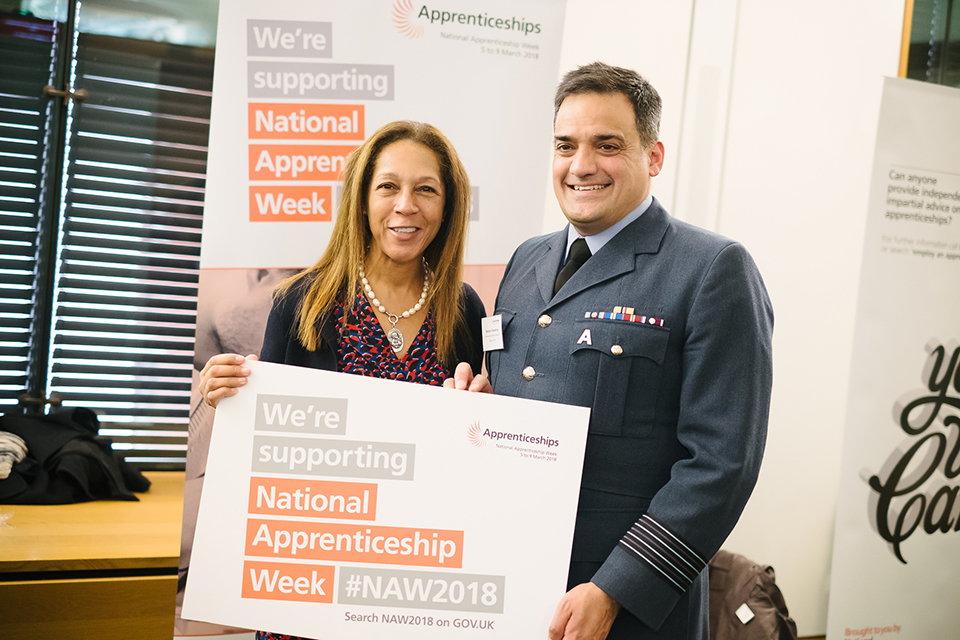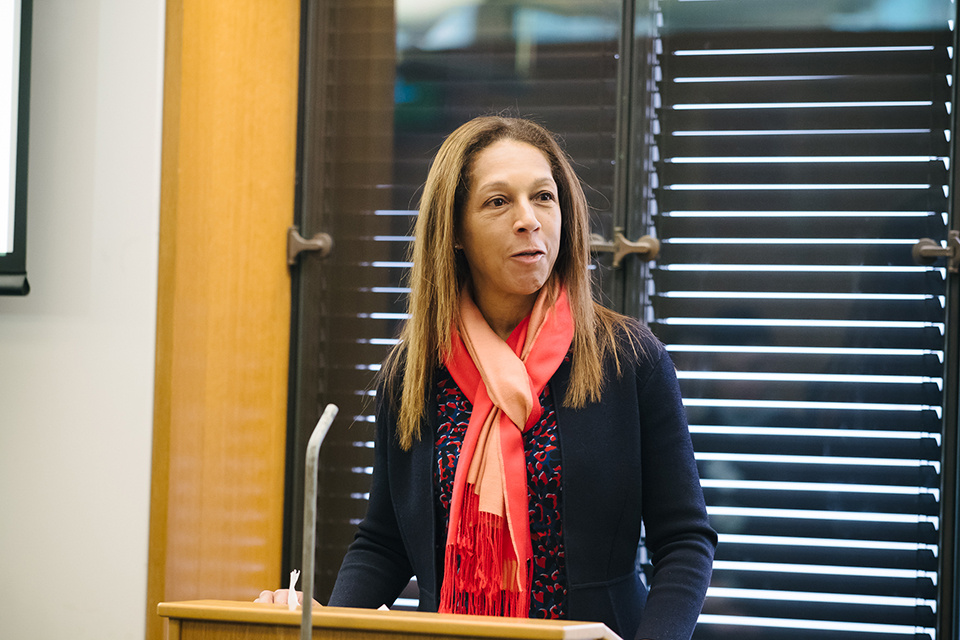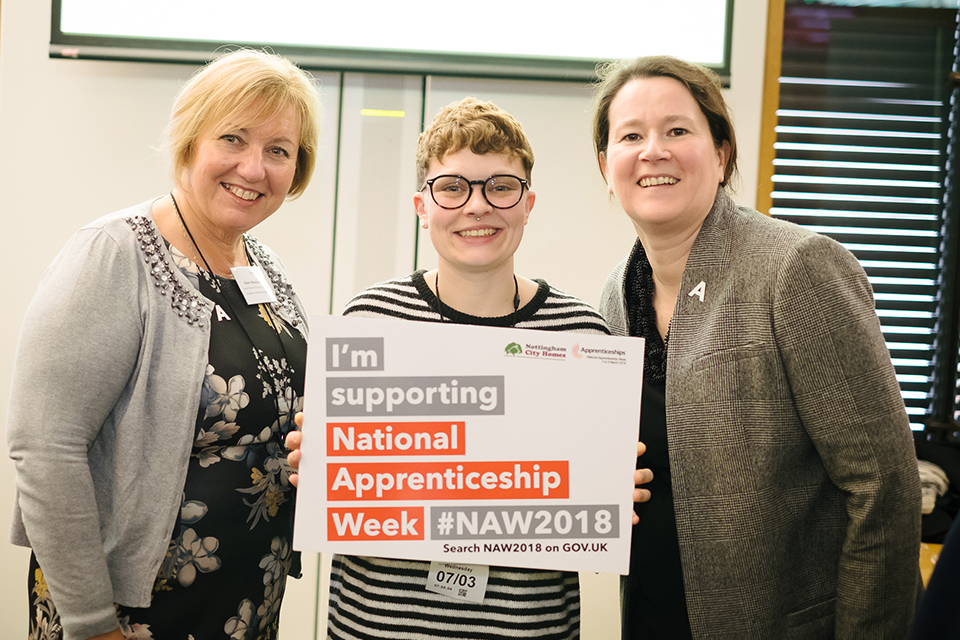News story: Government publishes call for evidence on cycle safety
Cycling Minister Jesse Norman has set out his plans to help people to walk and cycle more, as part of a push for the UK to leave cars behind for shorter journeys.
This comes as the Department for Transport publishes a call for evidence on cycling in this country, asking for a range of views and opinions from the public on everything from improved infrastructure to education for all road users.
This is part of the government’s drive to make cycling and walking safer, while encouraging more people to take up cycling at all ages as part of a green revolution in transport.
Mr Norman also announced today (9 March 2018) that he has awarded £100,000 of seed funding to 3 innovative cycling safety projects. These pilots aim to tackle a range of issues, including reducing the cost of e-bike batteries through recycling used laptop batteries.
Cycling Minister Jesse Norman said:
We need to become a nation of cyclists, and this government wants to make cycling the natural choice of transport for people of all ages and backgrounds.
The call for evidence published today will support an open, comprehensive and thorough review across government to encourage active travel and improve safety for all road users, and I hope that as many people as possible take the time to read and respond to it.
We are determined to make cycling safer and easier across the country, and we are continuing to invest. Today we’re announcing an investment of £100,000 each in 3 innovative cycle safety projects, in addition to the recent £7 million of funding to improve cycle safety. This is all part of the first-ever statutory Cycling and Walking Investment Strategy.
This announcement comes as a report, recommending that there is a case for a new offence to be introduced to tackle dangerous cycling, has been published by the Department for Transport.
The independent report, written by legal expert Laura Thomas, finds there is a strong case for changing the law to tackle the issue of dangerous and careless cycling that causes injury or death. If this were to be introduced, it would bring cycling in line with serious driving offences.
This follows a multimillion pound government funding boost for cycle safety in February. 8 cities, which the government has already been helping to lead the way in promoting cycling, were given the chance to bid for an additional £6.5 million of funding to trial new schemes which improve safety. This will support the government’s aim of encouraging more people to cycle as part of everyday journeys.
Paul Tuohy, Chief Executive of Cycling UK said:
Cycling UK has long campaigned for a review of all road safety laws and enforcement, so it is encouraging that these points will be considered in the call for evidence.
We want to see more people cycling safely, and will actively engage with the review to ensure it addresses the causes of dangers for cyclists and the barriers to more cycling.
Xavier Brice, CEO of walking and cycling charity Sustrans said:
We welcome the government’s ‘Cycling and Walking Investment Strategy safety review’ and especially the inclusion of pedestrians in the review. This is something we advocated. Safety concerns are some of the greatest barriers to more people choosing to walk and cycle and we are pleased that the review is seeking to make it easier for everyone to travel on foot or by bike, and recognises the wide benefits that active travel brings to individuals and societies.
Road safety applies to everyone, regardless of travel mode and we broadly support the case for a new offence to tackle dangerous cycling. However, it must remain proportional as people on bikes rarely cause harm to others through their own actions but, like pedestrians, are particularly vulnerable to motor vehicles which are by far the largest cause of death and serious injury on our roads. It is therefore good to see this as only one part of a much wider safety review to enable more people to walk and cycle every day.
In April last year, the government published the Cycling and Walking Investment Strategy, setting out its vision to remove barriers and double the number of cyclists by 2025.
Therefore, the remaining £500,000 will be set aside to support Cycling UK’s Big Bike Revival project – a successful initiative which is helping to get more people cycling safely and confidently across the country.
The government wants cycling and walking to become the norm by 2040 and will target funding at innovative ways to encourage people onto a bike or to use their own two feet for shorter journeys.
Roads media enquiries
Media enquiries
020 7944 3021
Out of hours media enquiries
020 7944 4292
Switchboard
0300 330 3000


